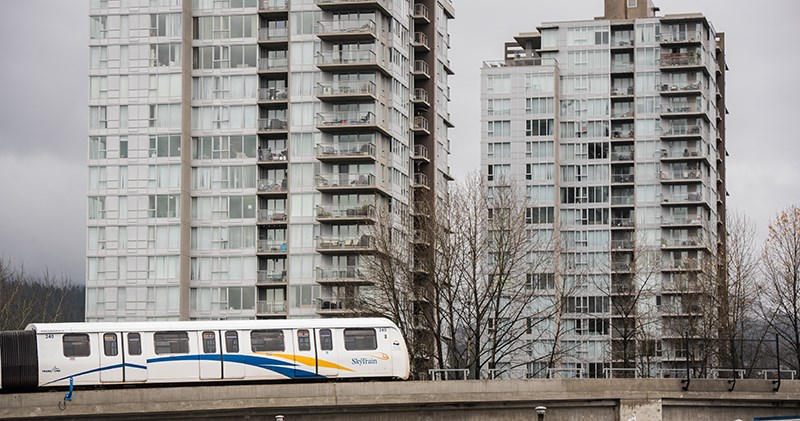In the lead up to the Oct. 21 federal election, Metro Vancouver’s Mayors’ Council on Regional Transportation has released a guide to help voters navigate the promises each party has made around public transportation.
Six months ago, the group of Metro mayors launched the Cure Congestion campaign, a non-partisan public outreach campaign to get voters engaged in issues around transportation in the Lower Mainland. As part of that campaign, the Mayors’ Council called on all parties to commit to a permanent transit fund so TransLink could keep up with the estimated one million new residents expected to settle in the Lower Mainland over the next 20 years.
“If you look at the areas that are not as well served by public transit, it's the areas that are absorbing some of the highest amounts of population growth,” said Port Coquitlam Mayor Brad West at the campaign launch, pointing to places like the Tri-Cities, Maple Ridge and Pitt Meadows.
Overcrowding already clogs Metro Vancouver's buses and SkyTrain, said the council. That’s in a region that has seen an 18% increase in new bus services since 2016, including in neighbourhoods like Burke Mountain. Last year, 52 bus routes had sustained overcrowding for an hour or more — 14 routes more than 2016.
In response, the Mayor's Council asked every federal political party to commit to the Congestion Reflief Fund, a predictable, annual funding formula that would earmark $375 million a year beginning in 2028.
As the federal election campaign got underway, the council approached each of the four major political parties to get commitments on a permanent federal funding mechanism for public transportation, as well as commitments to back measures that would electrify buses and reduce emissions.
The Greens, NDP and Liberals all committed to introducing a permanent transit fund that would provide sustained federal investment beyond the 2027 current expiration date; the Greens said they would commit $3.4 billion, the Liberals $3 billion and the NDP did not specify how much they would invest.
The Conservatives said they would extend infrastructure spending over the next 15 years instead of 12, meaning a reduction in overall funding for projects scheduled between now and 2027. Some of those projects include upgrades to the Millennium and Expo lines, as well as extending the SkyTrain west along Vancouver’s Broadway corridor to Arbutus and along Fraser Highway in Surrey.
If new funding commitments aren’t extended beyond 2027, several new projects could be put at risk, said a spokesperson for the council. Those include the electrification of TransLink’s bus fleet, the Burnaby Mountain gondola, and extending the SkyTrain out to UBC, among others.
“Transit ridership in Metro Vancouver is growing faster than anywhere else in North America and we simply won’t be able to keep up with public demand unless the next federal government remains at the table with regional and provincial governments as a major funding partner,” said vice-chair of the Mayors’ Council Jack Froese in a press release.
Statistics show Metro Vancouver leads Canada and the United States in per capita transit ridership. But project-to-project funding has made it hard to sketch out long-term transportation plans for the Metro area, and that’s left the growing suburbs in a bind, said Mayor West.
“The government at every level is telling people, ‘You need to get out of your car.’ The message I hear from PoCo residents is, ‘Absolutely, and on to what?'” said West at the start of the campaign. “If government is serious about wanting to tackle climate change, having people shift away from vehicles and on to public transit, then you have to give people the options.”



